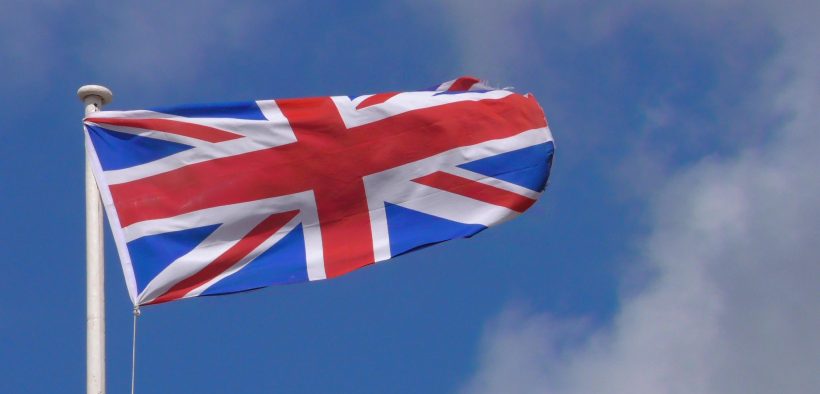The British vs. American Response to the Meghan Markle Interview
Share

If you haven’t watched the explosive tell-all interview by Meghan Markle, Duchess of Sussex, surely, you’ve seen the memes. The now infamous one-liner delivered by Oprah, “Were you silent or were you silenced?” made the rounds on social media as people shared their mixed reactions toward Meghan and her husband, Prince Harry. Before we dive into the two-hour whirlwind that was the interview, let’s start with some history. Meghan and Harry are no strangers to the British and American media. When it was announced that they were to be married, the British press did not hold back on their criticism of Meghan Markle, an American divorcee, whose mother is African American and whose father she’d had a messy relationship with, in years prior. Put lightly, England did not welcome her with open arms. After the royal wedding, they mostly kept to their royal duties, and as expected by the royal family, they had a baby, a son named Archie Harrison Mountbatten-Windsor. Then, early last year, in an Instagram post, Meghan and Harry announced their departure from the royal family or more specifically, they wanted to step back from their duties as senior members of the royal family and continue on financially independent. This announcement did not help Markle in the eyes of the British press. They continued to gain interest in the press all throughout last year, as they moved to Canada, and then California where they live now, and where the interview took place in March.
The interview opened with a very pregnant Meghan Markle and Oprah hugging like long-lost friends. (Social distancing anyone?) Much was promised for the upcoming segments in the interview, including the gender of the baby Meghan and Harry are expecting. Speaking of Harry, it was promised to the viewers that he would make an appearance towards the end of the interview, guaranteeing views until the end. Highlights of the two-hour CBS special included claims by Meghan and Harry that unnamed in-laws refused to give their son, Archie, a title because they were worried how “dark” he would be, shocking both Oprah and the countless Americans watching along. They also discussed how the British press drove Meghan close to suicide, the miscarriage she had suffered earlier that year (and written an op ed in the New York Times about), and the comments peppered in about Princess Diana, Harry’s mother.
They didn’t leave anything out. Oprah and Meghan covered almost every aspect of her life as a royal from mental health, being under public scrutiny, their falling out with the royal family, their personal finances, and the struggle to get private security for Archie. When Harry made an appearance, they aired the family’s dirty laundry, bringing up Harry’s relationship with his grandmother, the Queen, his dad, and brother. After this, the British press did not hold back. They described the couple as “selfish” and berated them for spilling family secrets to a celebrity “journalist” like Oprah, calling the interview “one-sided and targeted.” Meghan’s already declining popularity plummeted after the interview, one poll finding that only 3 in 10 people in the U.K. have a positive opinion of her.
However, in America people seemed to see Meghan Markle in a different light. They were taken with her genuine clarity and willingness to talk about something as taboo as mental health struggles and miscarriages. They found her honesty in talking about suicide inspiring and raw, necessary for an American dialogue amidst the mental health crisis. People appreciated her bringing awareness to the issues of racism and oppression within both the royal family and the media, in America and England.
Buckingham Palace released a statement following the immediate uproar after the interview. In it, they claimed all issues of race were taken seriously and handled privately as a family. Prince William, Harry’s brother, also denied any racism allegations. Putting the cultural divide of opinions about Meghan Markle aside, the interview was carefully guided by Oprah’s prompts to unearth what really happens in the palace, and ultimately served as a space for Meghan and Harry to explain their side of the story. How their side of the story was perceived was a different matter altogether.
